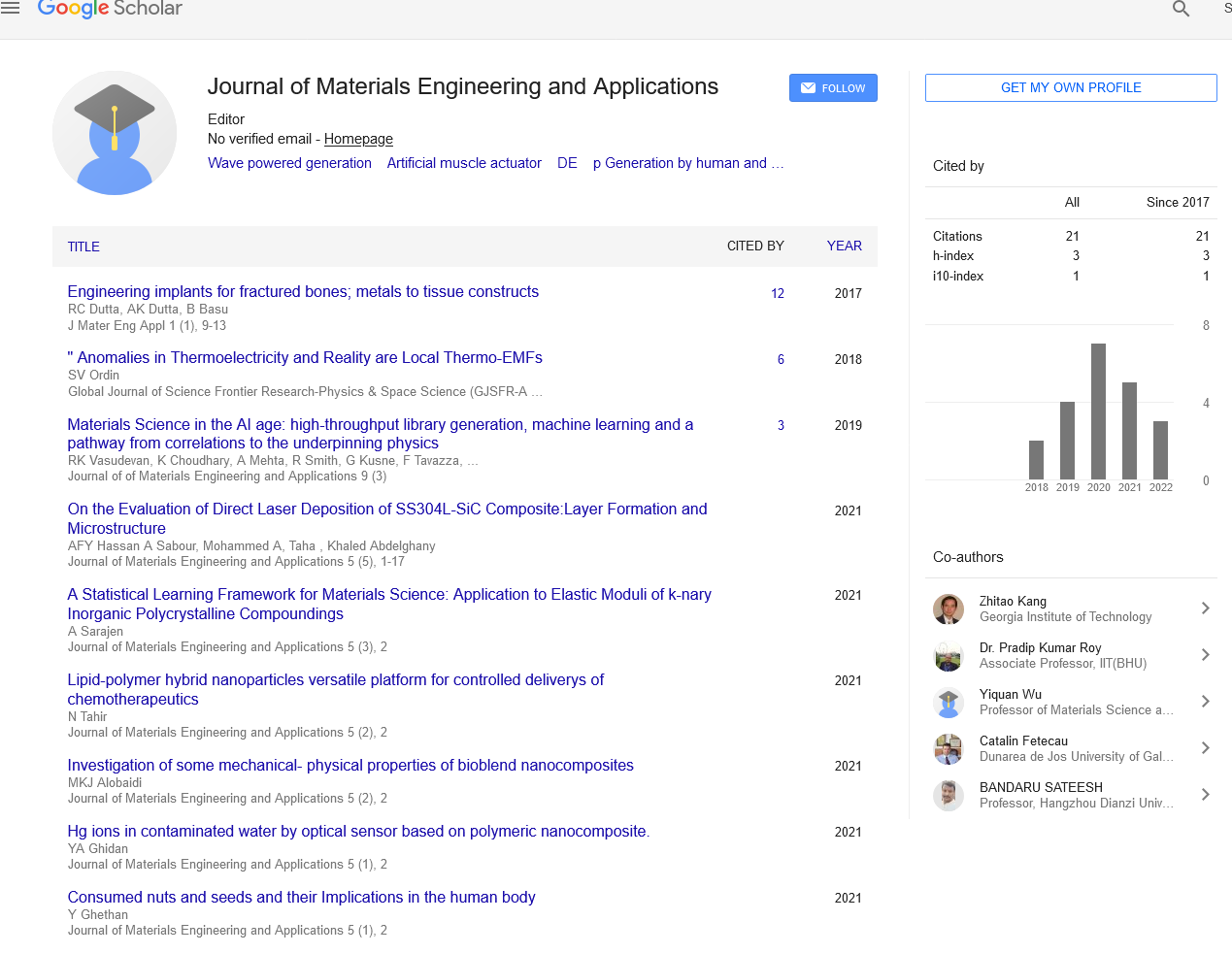
Sign up for email alert when new content gets added: Sign up
Abstract
One-step synthesis of molybdenum carbide (Mo2C and MoC) nanoparticles for electrochemical water splitting
Author(s): Sanjay UpadhyayThe increasing population of the world demands more efficient and renewable energy sources as our energy sources are limited. Hydrogen is a renewable, environmentally friendly, and cost-effective source of energy that has the potential to replace our traditional energy sources such as fossil fuels. Electrochemical water splitting is a clean and cost-effective way to produce hydrogen on a global scale by hydrogen evolution reaction (HER). However, a highly active and efficient electro catalyst is required for this reaction to occur. To date, platinum (Pt.) is the most active catalyst towards HER; however, the high price and low abundance limit its large-scale applications. Many research groups are trying to develop new alternative electro catalysts having high electrochemical performance, high stability, and low cost. Molybdenum based compounds such as molybdenum carbide (Mo2C) has a similar electronic structure to that of Pt. and can be used as a catalyst for HER. In this study, pure phase Mo2C and MoC nanoparticles have been synthesized via in-situ carburization and reduction route in a single step. The reaction parameters such as reaction temperature and reaction time have been optimized to get pure phase Mo2C and MoC nanoparticles. The morphological, structural, and surface characteristics have been investigated for the pure phase of Mo2C and MoC. For example, X-ray diffraction (XRD) measurements have been performed to get information about the structure and phases obtained. X-ray photoelectron spectroscopy (XPS) analysis has been done to investigate the chemical composition of the as-synthesized samples. Also, the electrochemical HER performance has been studied in detail for the as-synthesized compounds




